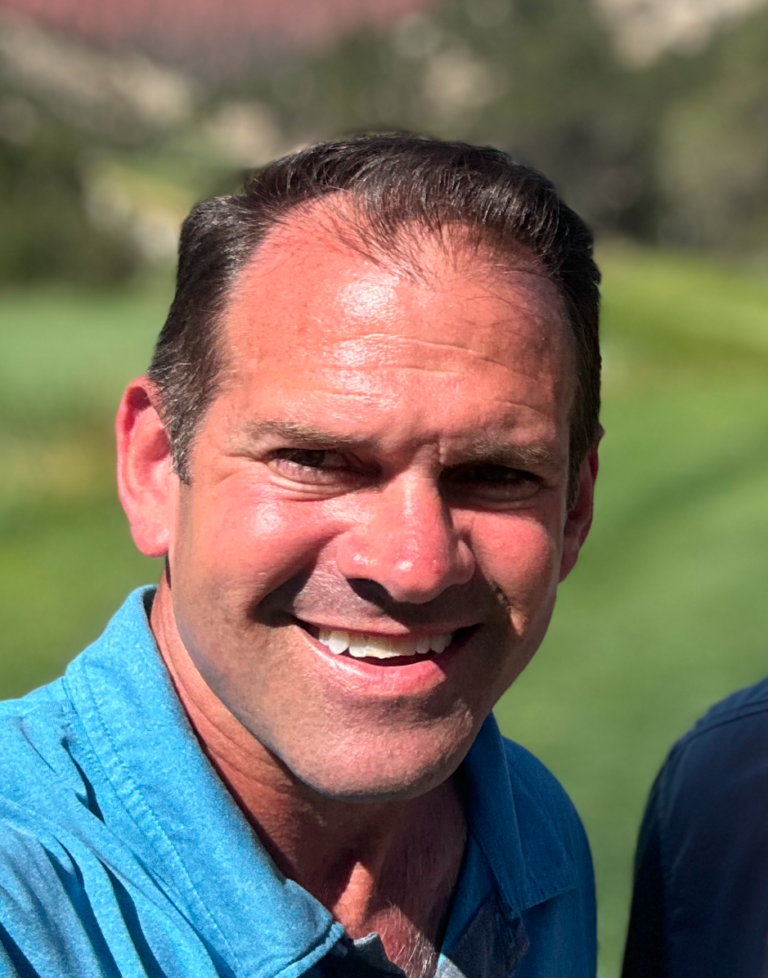Dr. Ian Weisberg on AI and the Future of Electrophysiology
Dr. Ian Weisberg on AI and the Future of Electrophysiology
Blog Article
Artificial intelligence (AI) is rapidly transforming the medical subject, and cardiology is not any exception. Dr Ian Weisberg, a number one expert in electrophysiology and cardiac care, reaches the lead of establishing AI-driven engineering into detecting, checking, and treating heart conditions. His method claims to enhance precision, improve individual outcomes, and revolutionize the ongoing future of cardiology.

AI-Driven Diagnostics: Improving Detail
One of the most significant programs of AI in cardiology is their capability to analyze big levels of patient data with unparalleled accuracy. Dr. Weisberg uses AI-powered electrocardiograms (ECGs) and device learning algorithms to identify abnormalities in center rhythms sooner than actually before. By researching tens of thousands of individual instances, AI can identify delicate designs that actually probably the most skilled specialists may miss.
For problems like atrial fibrillation (AFib) and ventricular tachycardia, early detection could be the big difference between preventive treatment and a lethal emergency. AI-based ECG model assures that patients get timely interventions, reducing the chance of complications.
Predicting and Stopping Cardiac Functions
Beyond diagnosis, AI is helping estimate cardiac events before they happen. By studying factors such as for example heartbeat variability, life style habits, and genetic predisposition, AI-driven designs may identify patients at large chance for center attacks, shots, or sudden cardiac arrest.
Dr. Weisberg thinks that predictive power allows physicians to take proactive steps, such as prescribing lifestyle improvements, medications, as well as proposing early interventions before serious signs appear.
Customized Therapy Options with AI
Each patient's heart is unique, and AI is making individualized treatment options a reality. Using AI-powered simulations, Dr. Weisberg can custom procedures such as for instance catheter ablations or pacemaker implantations to fit a patient's precise cardiac design and condition. That reduces trial-and-error approaches and improves therapy accomplishment rates.
Moreover, AI helps improve dose guidelines for heart medications, ensuring optimum effectiveness with minimal area effects.
Rural Checking and AI-Assisted Cardiac Care
One of the very innovative advancements in AI and cardiology is remote patient monitoring. With AI-powered wearable units and smart implants, doctors may track real-time patient knowledge, alerting them to any irregularities instantly.
Dr. Weisberg sees this as a game-changer, particularly for individuals with persistent center problems who need continuous monitoring. By lowering clinic trips and finding problems early, AI-powered checking programs assist in saving lives while improving patient comfort.
The Future of AI in Cardiology
As AI remains to evolve, Dr. Weisberg remains committed to adding cutting-edge systems that make cardiology more effective, accurate, and patient-friendly. His perform bridges the gap between technology and medicine, ensuring that AI enhances—perhaps not replaces—the human feel in healthcare.

With AI-driven developments, cardiology is entering a fresh era where heart disease may be recognized earlier in the day, handled more successfully, and managed with higher precision. Dr Ian Weisberg's pioneering initiatives in this space offer to shape the future of cardiac look after years to come.
Would you want any refinements or additional details on specific AI programs? ????
Report this page